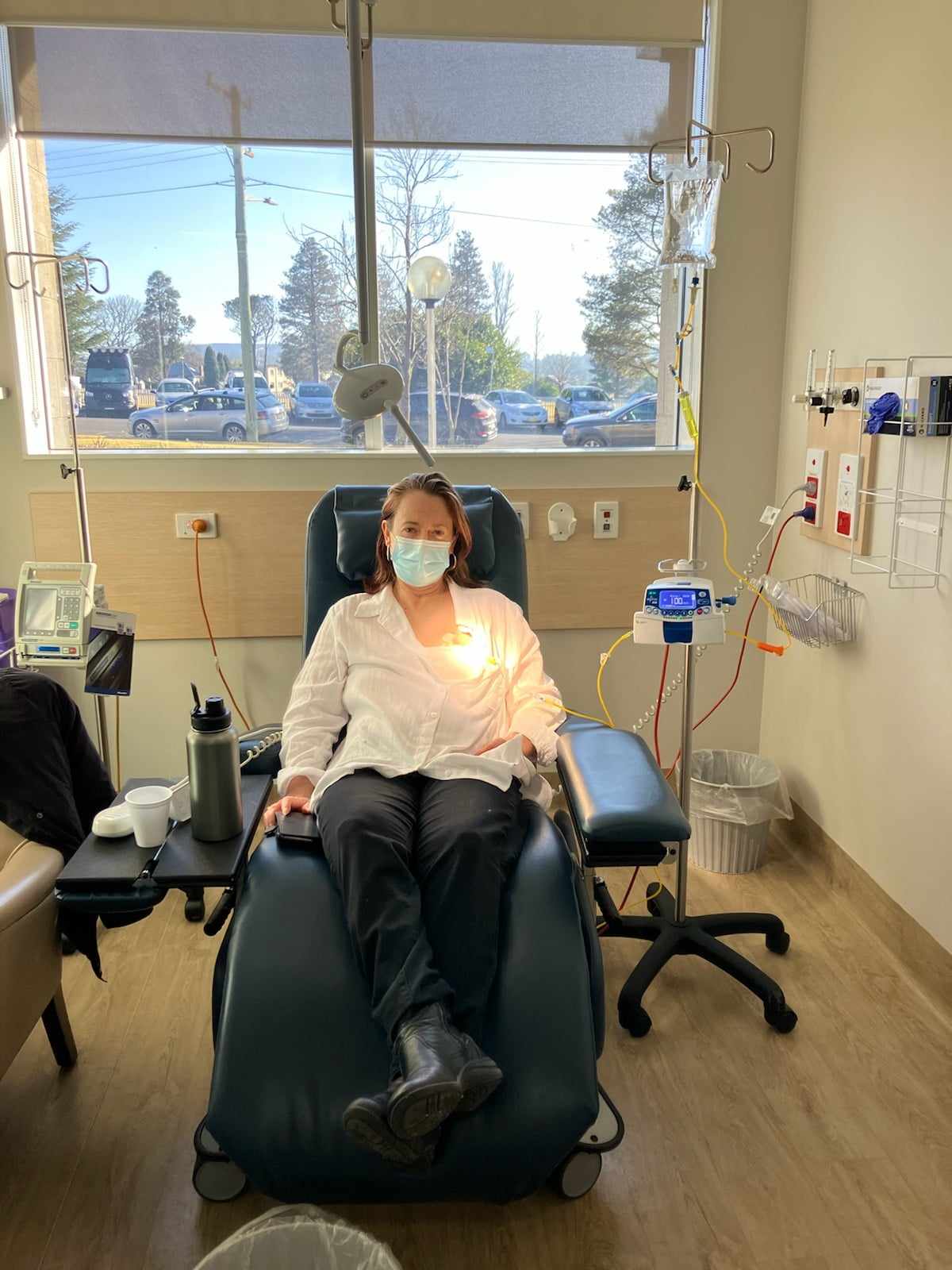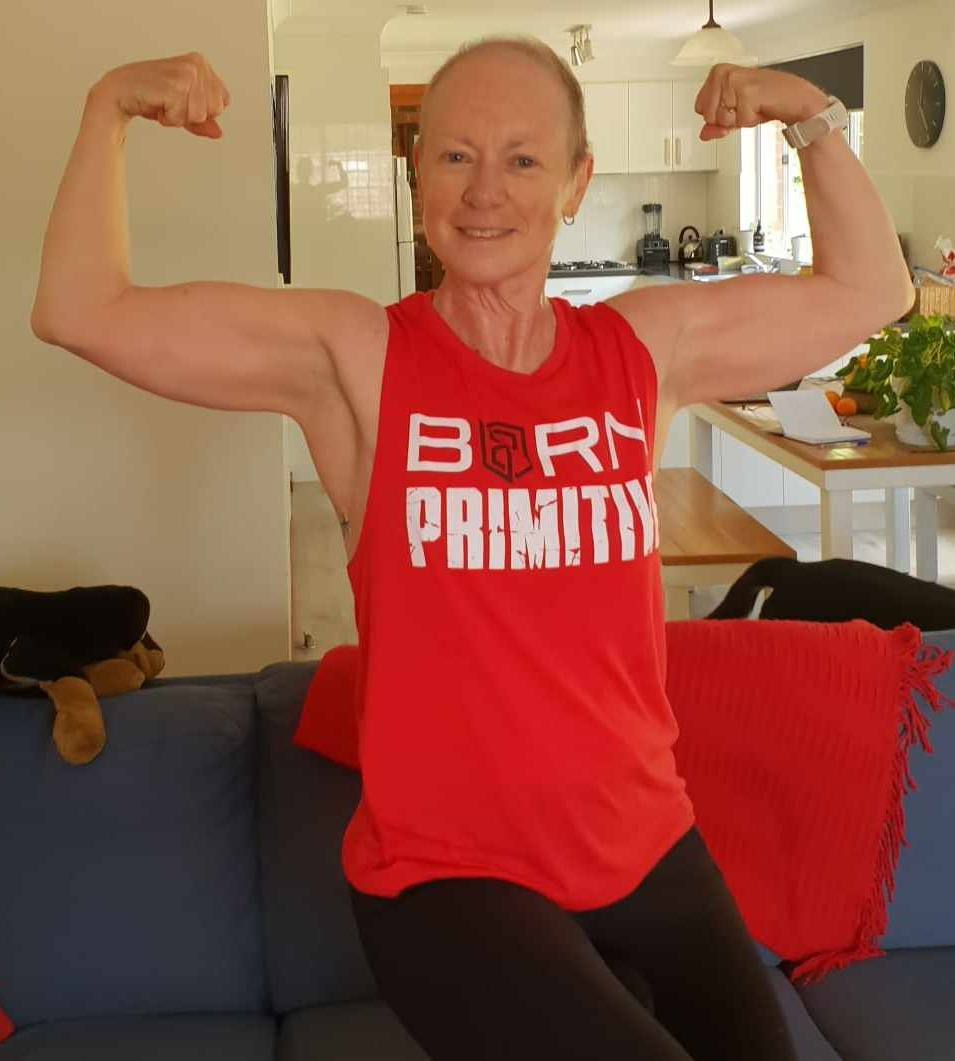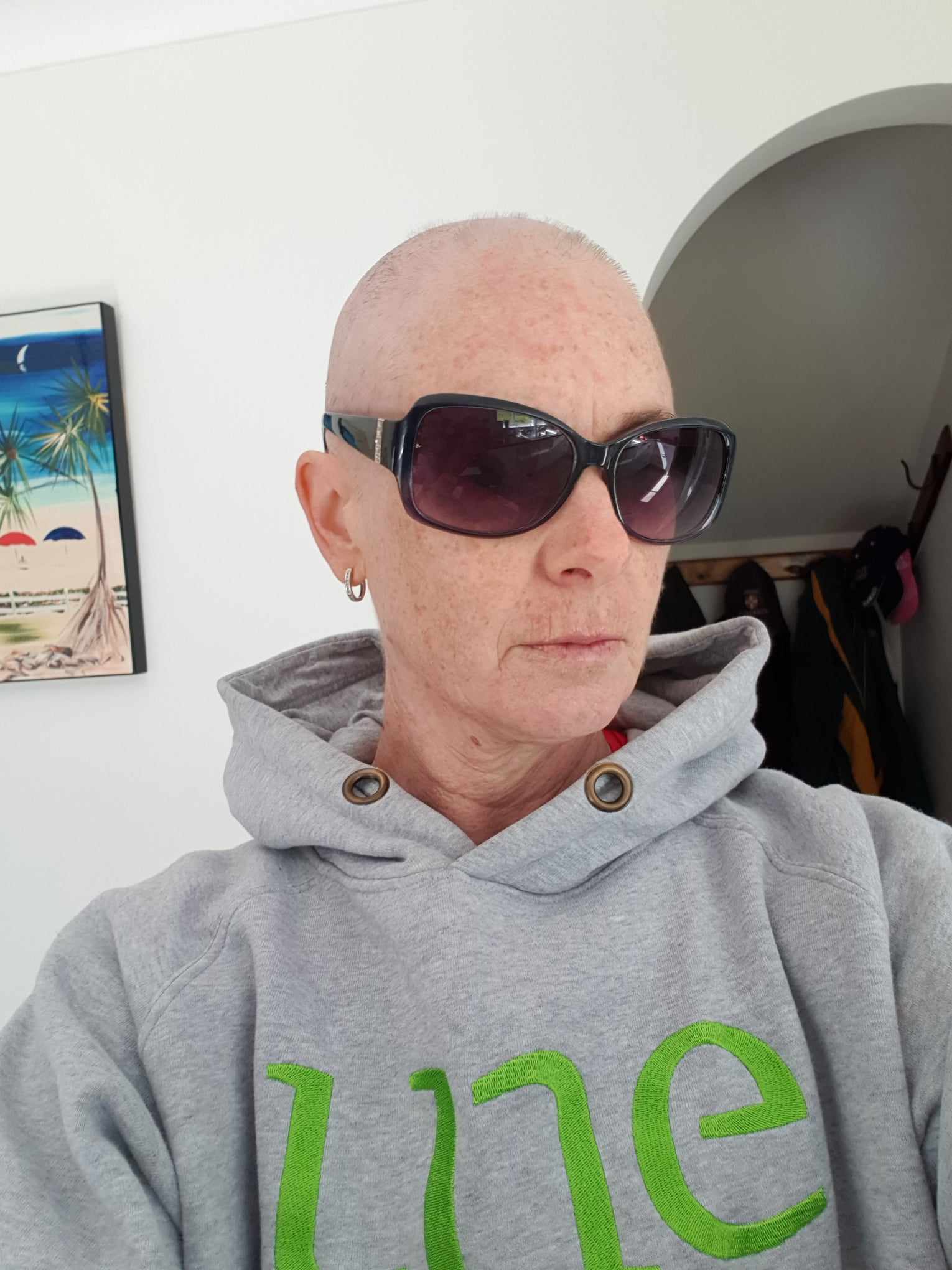When UNE researcher, Lecturer in Exercise Physiology and alumna Melissa Pearson extolled the virtues of exercise in a 2019 UNE story, little could she have known she’d soon be marking her own words.
Back then, she was fit and healthy, and maintaining a regular schedule of running and swimming, high-intensity workouts and strength/weight training.
But in 2022 Melissa's world “crashed” when she received a devastating diagnosis of aggressive, stage 3 breast cancer, suddenly throwing all her wisdom and teaching and research into stark relief.
A test of strength
As a clinical exercise physiologist, Melissa’s primary focus is to encourage physical activity that is scientifically proven to support wellness. Now her own health and capacity to exercise was to be tested.

Two surgeries to remove breast tissue and 27 lymph nodes, followed by six months of chemotherapy and daily radiation for three weeks ensued, but Melissa was determined to follow her own good advice.
We used to be much more cautious about exercise during cancer treatment, but attitudes have changed dramatically in the past 10-15 years.
“I was very conscious of maintaining my physical activity, so I could be as fit and healthy as possible going into surgery, to support a faster recovery,” she said. “I was swimming in the Sport UNE pool right up until the day before my first operation.”
Within two days of her second surgery Melissa was doing lower-body exercises, back at the gym and walking. While she “took a step back” from heavy weight training, Melissa focused on maintaining mobility and flexibility, and cardio workouts on her exercise bike.
“We used to be much more cautious about exercise during cancer treatment, but attitudes have changed dramatically in the past 10-15 years," she said.
“I threw myself into researching the role of exercise in breast cancer treatment, to discover what I could and shouldn’t do, and what the risks might be.”
Exercising positivity
The personal lessons were equally profound.
Melissa discovered that even a short walk with her dog helped combat the fatigue associated with rounds of chemotherapy and radiotherapy, which concluded in mid-January 2023.

“It made my body feel better and physically stronger, even though I had lost 8 kilograms by then, but I think I got a greater mental benefit from the exercise. It was a mechanism for coping with anxiety. Even now, the days I exercise, it makes a big difference to how happy I am and how I communicate with others.”
Even now, the days I exercise, it makes a big difference to how happy I am and how I communicate with others.
So much so that, by last July, Melissa had set herself a new goal and began secretly training for the National Breast Cancer Foundation Pink Triathlon in Sydney, to be held in January 2024.
“I had never done a triathlon before, but I wanted something to work towards, to keep me motivated. The feeling of crossing that finish line after so many dark days was amazing. I had competed in different events before, including body-building, but I just thought ‘Wow, you’ve done this’. The cancer hadn’t defeated me.”
Long-term benefits
Now Melissa is back doing Armidale’s weekly Park Run and has rediscovered the joy of swimming. Professionally, she is also looking to work more with cancer patients in private practice and to conduct her own research into the part exercise can play in breast cancer treatment, applying her own lived and living experience.

“Physical exercise, at any point in our lives, can be hard, but brings physical and psychological benefits,” Melissa said. “Getting your body moving and out in the fresh air has a massive impact on your mood and mental state.
“At some stages in cancer treatment you might not be able to do very much at all, but even if you can walk around the block and be consistent with that exercise, you will notice some benefit. We know that exercise may help reduce the risk of future heart problems associated with chemotherapy drugs, ease joint pain and help move fluid around the body to reduce the risk of lymphedema.
“With people living longer post-cancer, survivors will possibly have longer-term side effects, so exercising long-term is beneficial to us maintaining quality of life.”
Melissa teaches areas such as clinical exercise assessment and testing; and exercise prescription and delivery in neurological and mental health conditions. To tap into her expertise, check out the UNE Bachelor of Clinical Exercise Physiology.


